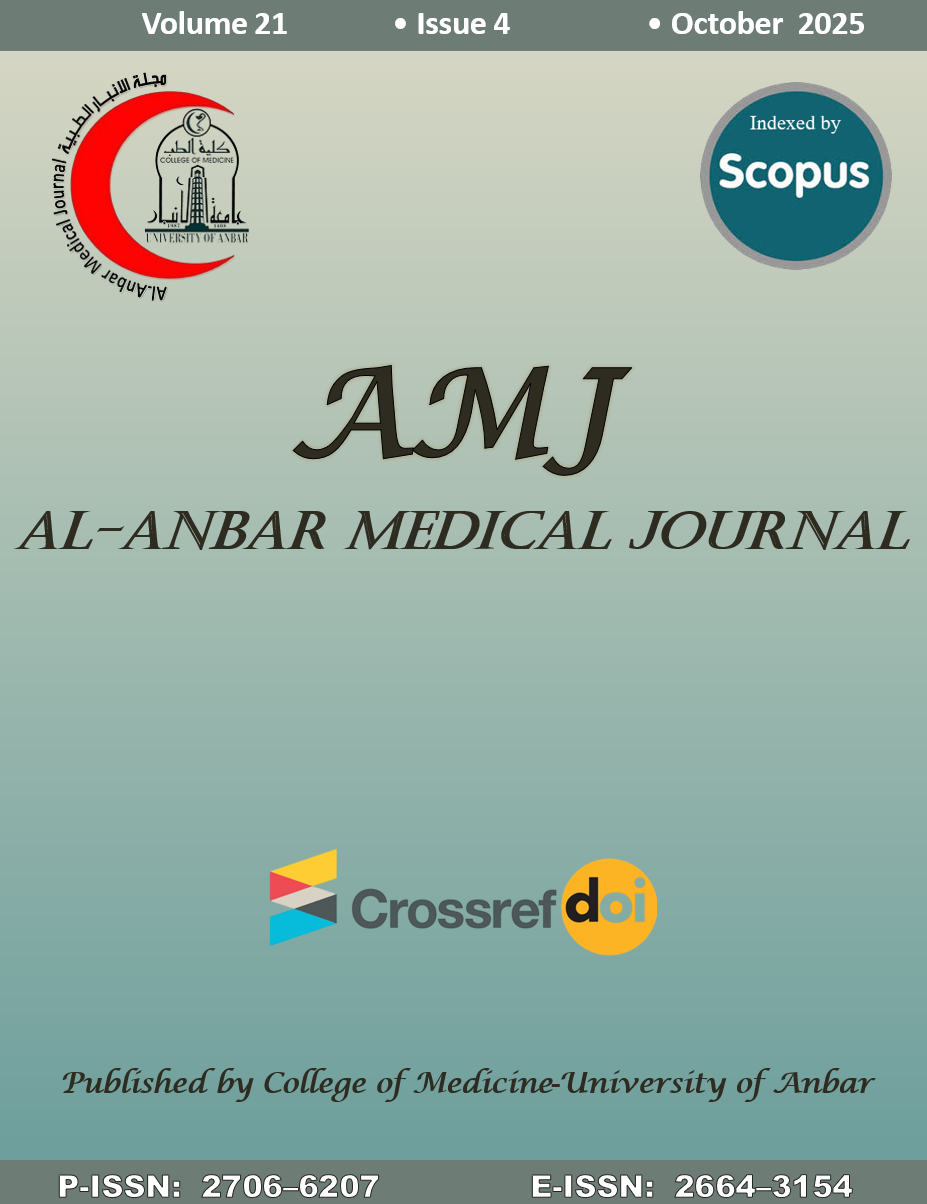Abstract
Background: The rapid proliferation of antimicrobial resistant superbugs, particularly multi-drug resistant (MDR) and extensively drug-resistant (XDR) Escherichia (E. coli), is a significant global public health issue.
Objectives: To investigate the prevalence and clinical relevance of CRISPR systems in MDR and XDR E. coli isolates from urinary tract infections (UTIs) and their association with antimicrobial resistance patterns.
Materials and Methods: Eighty E. coli culture-positive clinical specimens from patients with UTIs were identified using the VITEK® 2 Compact System and submitted to antibacterial sensitivity surveillance using selected Gram-negative cards according to CLSI guidelines. E. coli ATCC 25922 was used as a quality control strain. CRISPR-2, -3, and -4 gene detection was performed using the polymerase chain reaction (PCR) method.
Results: Out of 120 clinical specimens, 80 yielded positive cultures, including 45 (56.25%) resistant E. coli isolates. Among these, 32 (71%) were MDR, 12 (26.7%) XDR, and one (2.2%) non-MDR. CRISPR-2, -3, and -4 were detected in 66.7%, 82.2%, and 22.2% of E. coli isolates, respectively. Co-occurrence of CRISPR-2 and -3 was found in 60%, CRISPR-3 and -4 in 22.2%, and CRISPR-2 and -4 in 15.6% of isolates. In MDR strains, CRISPR-2 and -3 were common, while CRISPR-4 was rare. In XDR isolates, the frequencies of CRISPR-2, -3, and -4 were 22.7%, 25%, and 20.5%, respectively.
Conclusion: CRISPR-2 and CRISPR-3 are strongly associated with MDR E. coli, while their reduced presence in XDR strains may indicate CRISPR loss or suppression during resistance evolution, suggesting a role in bacterial adaptation.
